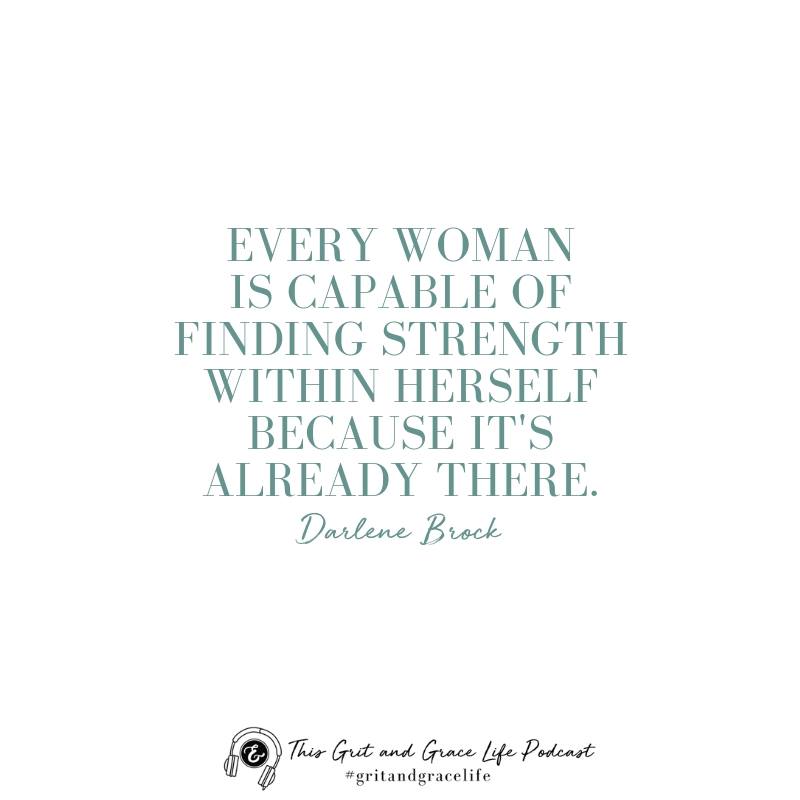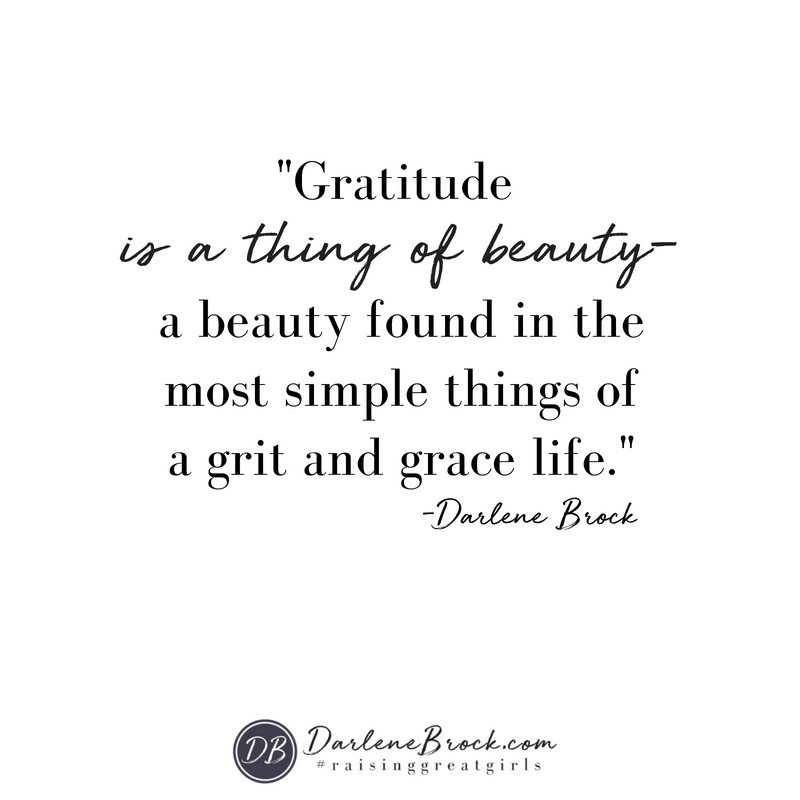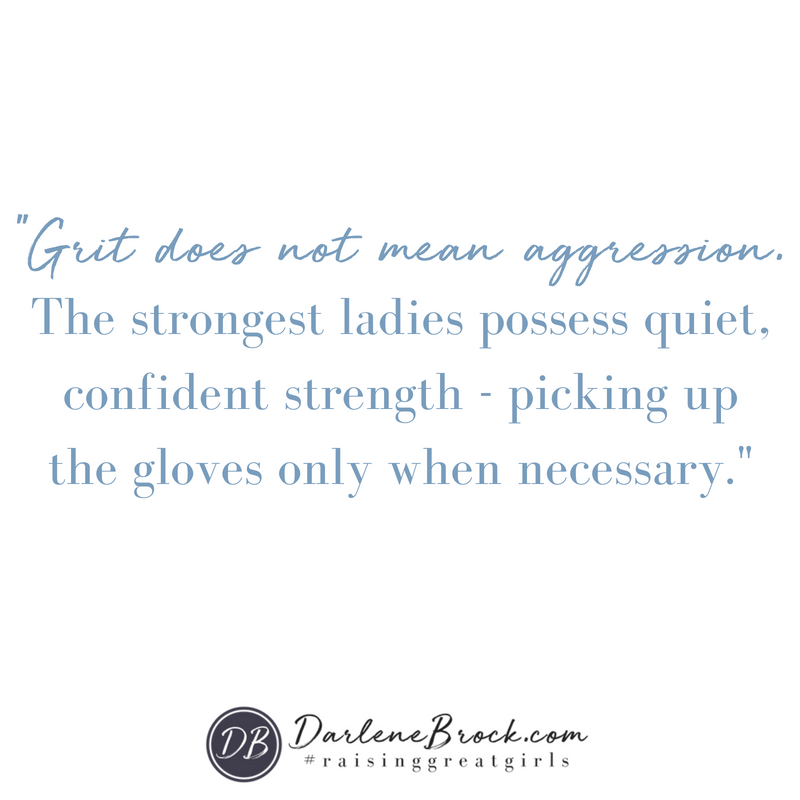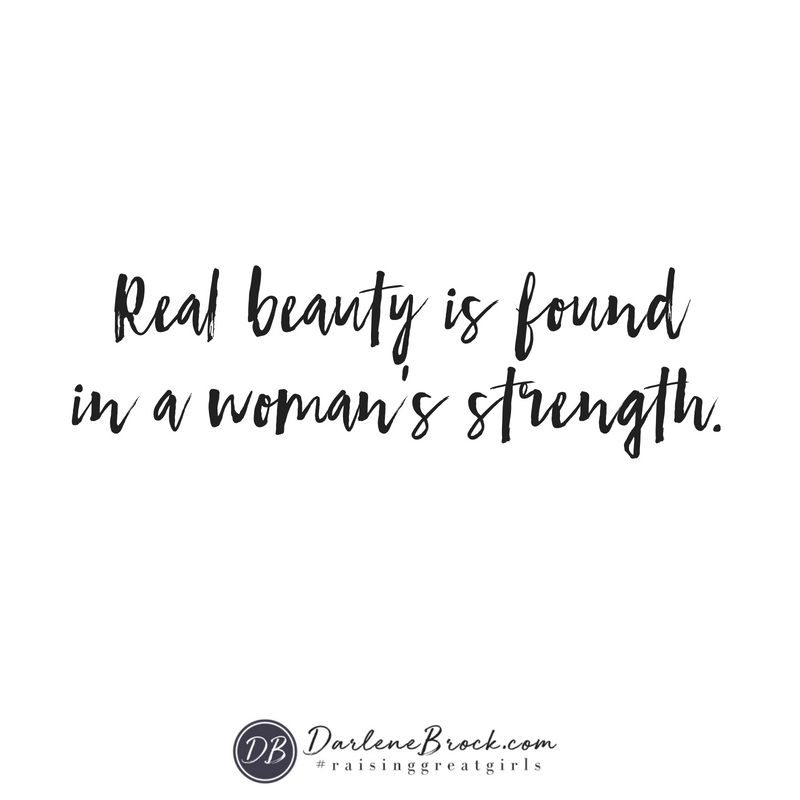Do Strong Women Like Masculine Men?
/Each week, Monday night finds women and their girlfriends stuck to the television, watching The Bachelor to see who gets the rose. Whether we attend an event with a room full of girls and food or frantically join our group text with opinions, we all hope for romance. The thoughts we share with one another seem to reflect upon what we are looking for in a man. The list often goes like this: one who will be strong, steady, loving, kind, sensitive, and a go-getter that knows what he wants. We also still wouldn’t mind if our man let us cry on his shoulder now and then, and brandish his weapon of choice to help us defeat our foe, even if we know our own strength. We are looking for a real man.
But what was considered masculinity in the past appears to be in the cross-hairs of our culture. Clear definitions have given way to confusion. Taking part in that discussion are the leaders of psychological thought. A recent journal from the American Psychological Association (APA) provided guidelines to help psychologists work with boys and men. Within these guidelines, there are statements made that reflect their position on the subject of masculinity.
It is within this publication that they address the traditional view of masculinity by stating that “stoicism, competitiveness, dominance, and aggression—is, on the whole, harmful,” for boys and men. While I can agree that each of these can be harmful, it’s “on the whole” that I take issue with.
What was once considered masculinity in the past is now in the cross-hairs of our culture.
Stoicism is a quality we would want in a man. Patience, endurance, and fortitude are all synonyms of this trait and are characteristics that lead to a healthy and lasting relationship. It is when this attribute creates the inability to show feeling or hurt that stoicism becomes harmful. But a stoic man is one you can count on, so what’s wrong with that?
Competitiveness, the strong desire to succeed, is a necessary trait that can lead to accomplishment. It is when one is only interested in winning, unable to handle loss graciously, or the desire for success overtakes compassion and humility does it become harmful. There is still nothing like “healthy competition” to bring out the best in all of us.
Dominance—I find this an interesting word choice here. I completely agree with the APA that dominance is “on the whole, harmful.” But I view this traditional masculine quality as one that is not dominance, but leadership. A quality that can emerge in both genders but can absolutely apply to masculinity. To respect leadership in a man does not cause us to deny that same ability in ourselves. Instead, it ups the game for both genders. There is nothing as disheartening as a man who can’t decide, whether it’s where he wants to go for dinner or what career choice he desires to pursue. If he can’t lead his own life, how can he lead or partner with you in business or in life?
Aggression, as hostile or violent behavior, is entirely unacceptable. But when aggression is the willingness to attack or confront, it can be a positive attribute and a useful tool. In sports, a basketball player can attack the basket for the win. In law enforcement, attacking a perpetrator who is seeking to harm another is the act of a hero. Confronting injustice to defend those who are defenseless is often displayed by an aggressive disposition. Again, it’s the “on the whole” that I find so unsettling.
When we reduce subjects into simple thought brush-strokes that use terms such as “on the whole” without looking deeper, it becomes a dangerous and slippery road. The most recent display of this is a corporation that has been making razors for men since 1901, Gilette, joining the chorus. The internet ad that was created insinuates that instead of the few whose conduct is unhealthy and inappropriate it is the entire gender whose masculinity is considered toxic. By taking this stand we are asking men to entirely deny their nature instead of expecting them to perfect it. Whether in business, friendship, or romantic relationships, strong women desire to have strong men in their lives. We don’t fear the traits that are traditionally masculine. Instead, when they are displayed appropriately, we respect them.
McDermott, one of the journal’s authors said this. “If we can change men,” he says, “we can change the world.” My question is this: If we change it in the way this journal suggests, what would that world look like?
Image by Hernan Sanchez.

























